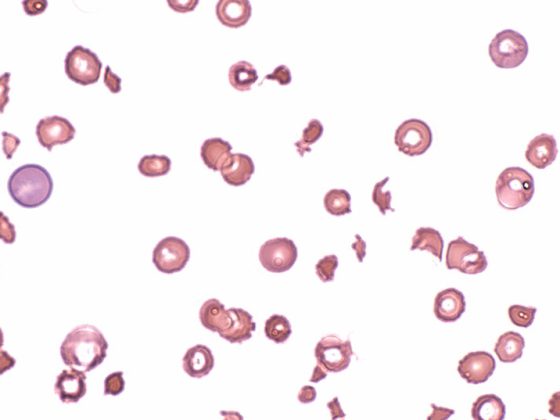Mindfulness in the prevention and treatment of psychologically stressed pregnant women – that is the goal of Mind:Pregnancy, a project of Heidelberg University Hospital, which started on January 28, 2019.
According to studies, up to 25% of all pregnant women suffer from perinatal anxiety, and about 20% are affected by depression. However, the mechanisms of stress in pregnancy are poorly understood. There is no treatment program for those affected. A study group led by Heidelberg University Hospital now wants to close this gap in care.
The Mind:Pregnancy project, launched in Baden-Württemberg, Germany, on January 28, 2019, will screen 15,000 subjects for pregnancy-induced mood disorders and treat them accordingly. The first step of this “program for more mindfulness in pregnancy” is a questionnaire that volunteers receive from their attending gynecologist. If the results indicate psychological stress, the person concerned is contacted by project staff from the Universities of Heidelberg and Tübingen and given psychological support. Those who show only mild signs of mood disorders can take advantage of an online self-help program. At www.mindpregnancy.de, pregnant women are trained on how to deal with physical changes and stress. The goal is more self-confidence and greater life satisfaction. This will be achieved with the help of eight weekly digital mindfulness trainings based on behavioral therapy principles.

www.unipark.de/uc/befindeninderschwangerschaft
If this intervention approach proves successful, it provides sufferers with a cost-effective and easily accessible treatment option that can be delivered at home without waiting. PD Dr. Stephanie Wallwiener, initiator and project manager of Mind:Pregnancy, hopes that this measure will also reduce the number of medically unnecessary cesarean sections. This is because women who suffer from stress, anxiety or depression are more likely to make use of this option. The extent to which the Mind:Pregnancy program can support psychologically stressed women will become clear in three and a half years.
HAUSARZT PRAXIS 2019; 14(1): 2











